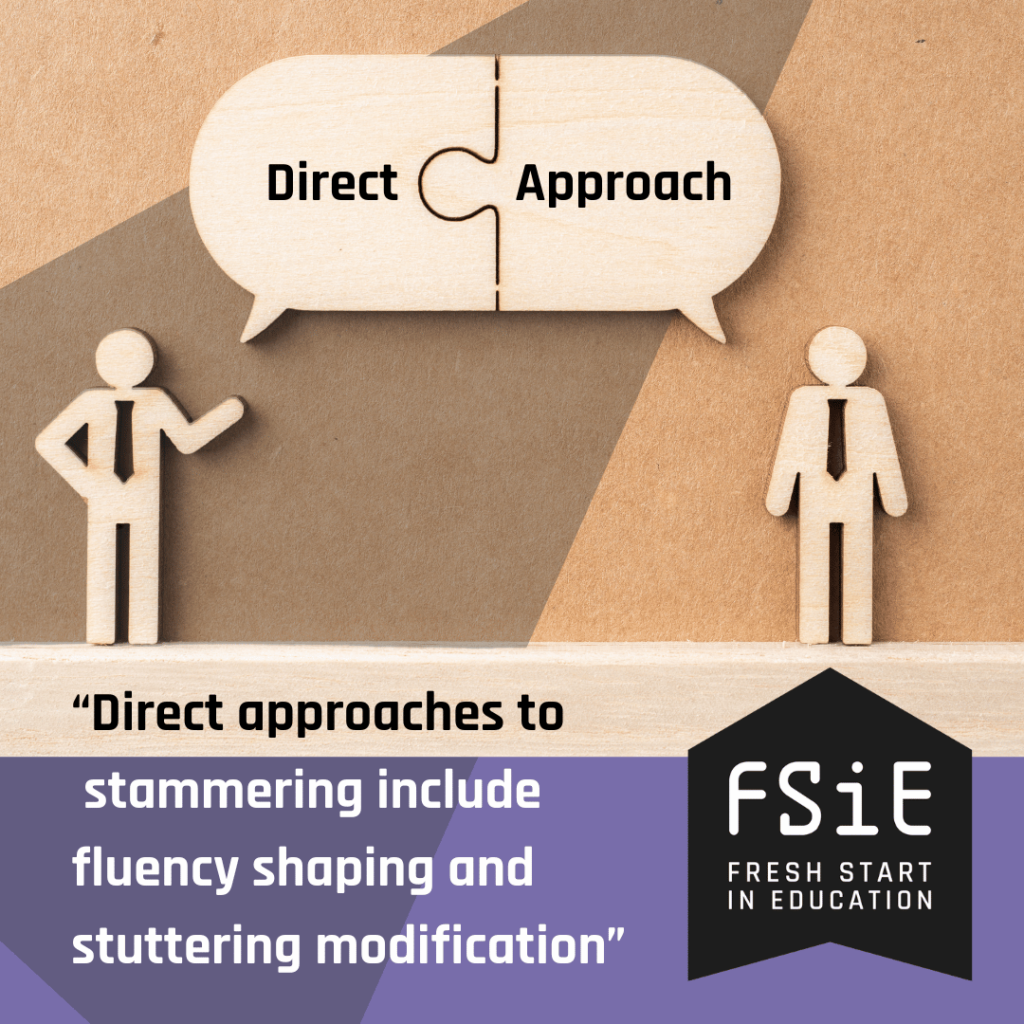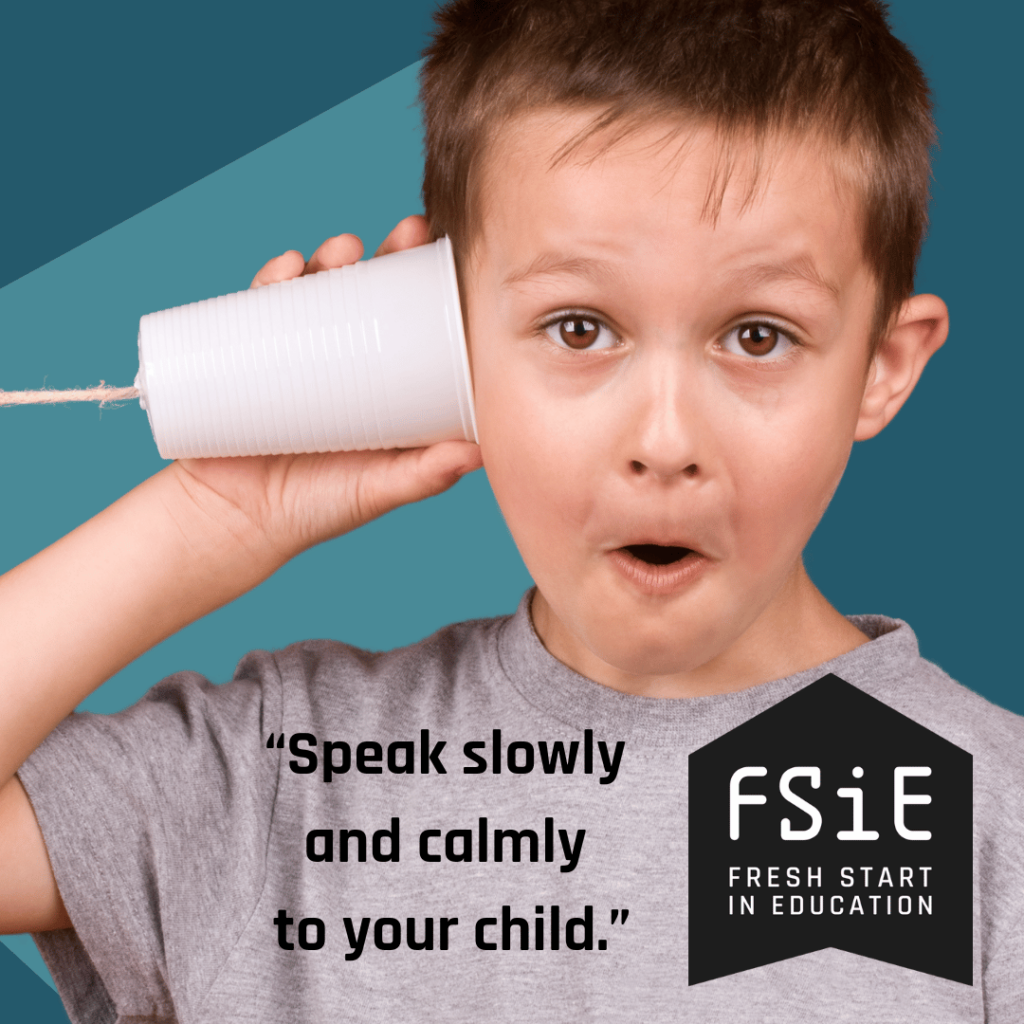What is a Stammer?
Stammering, also known as stuttering, is a neuro-developmental condition where someone repeats, stretches, and/or gets stuck when they are speaking. It is estimated that 8% or 1 in 12 children stammer at some point. Many of these children will resolve their stammer naturally within a few months. Stammering is more common in boys than girls.


There are two main types of Stammering:

Symptoms of Stammering:
Treatment for Stammering:
Direct Therapy – Direct approaches to stammering include fluency shaping and stuttering modification. Examples of fluency shaping include slowed speaking rate, increased pauses during turn taking, reduced interruptions while child who stutters is speaking, and relaxed breathing.
Indirect Therapy – Strategies that help make it easier for your child to speak. The aim of indirect therapy is to create an environment where a child feels less pressure when speaking. Parents make changes to the way they communicate and the home environment, rather than focusing directly on their child's talking.

It is important is to talk to your GP or speech and language therapist if you have any concerns about your child's speech or language development. Speak with your child's teacher about your concerns. They may be able to refer you to the local speech and language therapy service.
Top tips for parent/carers…
"Having a parent who listens, creates a child who believes he or she has a voice that matters in the world." - Rachel Macy Stafford
Helpful links


About the author
Rachel is one of our dedicated Referrals Coordinators. She has been working with young students both hands on and behind the scenes for 10 years within Nurseries and Secondary Schools encountering a world of SEMH and SEN needs and behaviours. In her spare time she takes care of a disabled boy and his family and really spreads her warmth and Fresh Start Ethos wherever she goes.